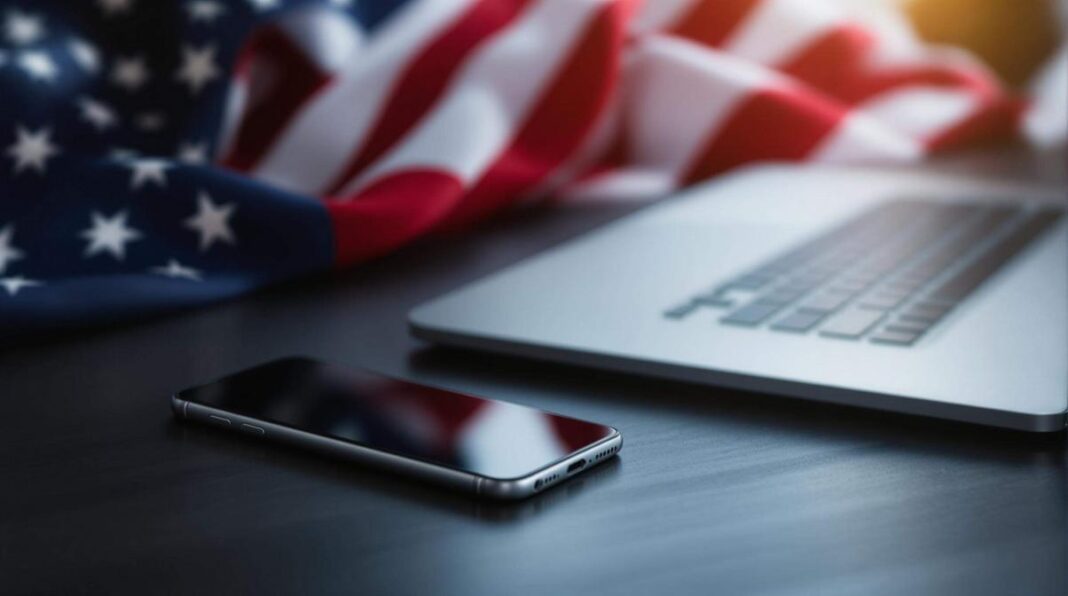President Donald Trump announced significant tariff exemptions for consumer electronics, including smartphones and laptops, from his proposed 125% China tariff and 10% global tariff, effective April 5, 2025.
The move aims to protect American consumers from substantial price increases while maintaining pressure on China in the ongoing trade conflict. According to analysis from trade experts, these exemptions will primarily benefit major tech companies like Apple and Samsung.
“The tariff exclusions cover a wide range of popular consumer electronics, including smartphones, laptops, hard drives, processors, and memory chips. Those popular consumer electronics items generally aren’t made in the US,” according to official trade documents.
The exemptions come at a crucial time, as smartphones represented the largest U.S. import from China in 2024, valued at $41.7 billion, with laptop computers following at $33.1 billion.
White House Press Secretary Karoline Leavitt expressed optimism about future domestic manufacturing capabilities, stating, “We have the labor, workforce, and the resources” to shift manufacturing to the U.S.
However, industry experts note that establishing domestic manufacturing facilities would require significant time and investment. “Setting up domestic manufacturing would take years” for electronics currently produced abroad, according to trade analysts.
The exemptions are seen as a strategic move to balance economic pressures. Without these exclusions, high-end smartphones could have seen dramatic price increases, with some models potentially reaching $2,300 under the 125% tariff scenario.
The decision has resonated positively with financial markets, as market analysts indicate potential benefits for tech sector stocks previously affected by tariff concerns.
While the exemptions provide immediate relief for consumer electronics, Trump has indicated plans for future investigations into semiconductor tariffs, suggesting ongoing scrutiny of U.S.-China trade relations.


